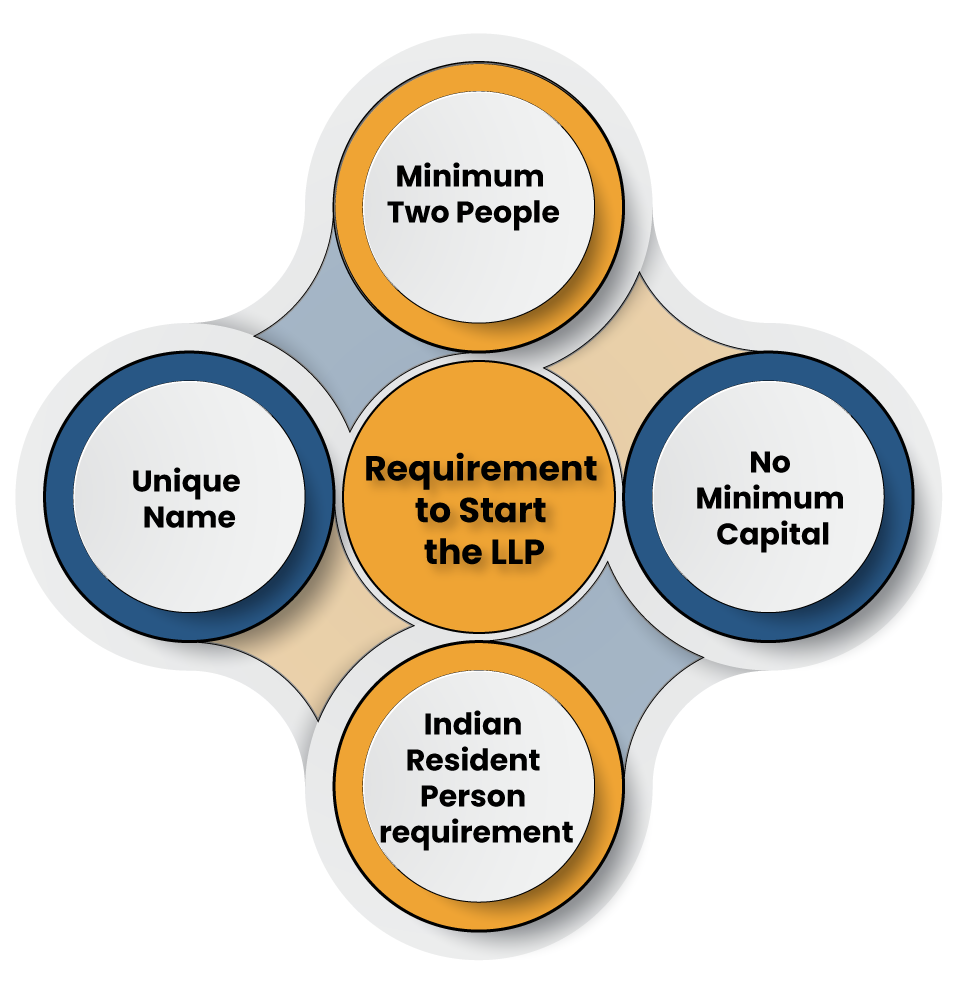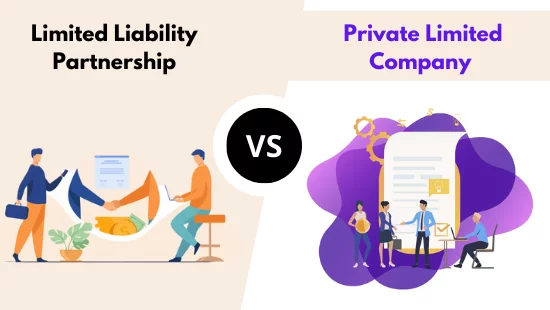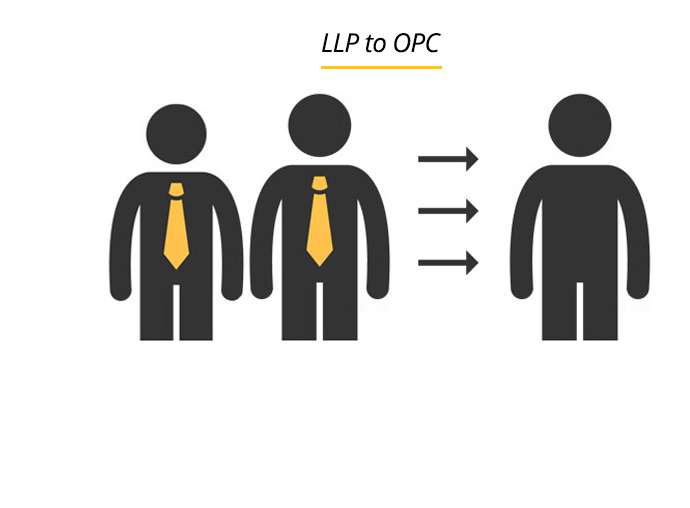Minimum requirements for LLP?
User Intent Users searching for “Minimum requirements for LLP” are typically looking for a detailed guide on eligibility, registration process, legal formalities, and compliance needed to establish a Limited Liability Partnership (LLP). They might be entrepreneurs, business owners, or legal consultants who need precise, SEO-friendly information with clear explanations, benefits, and limitations.… Read More »









